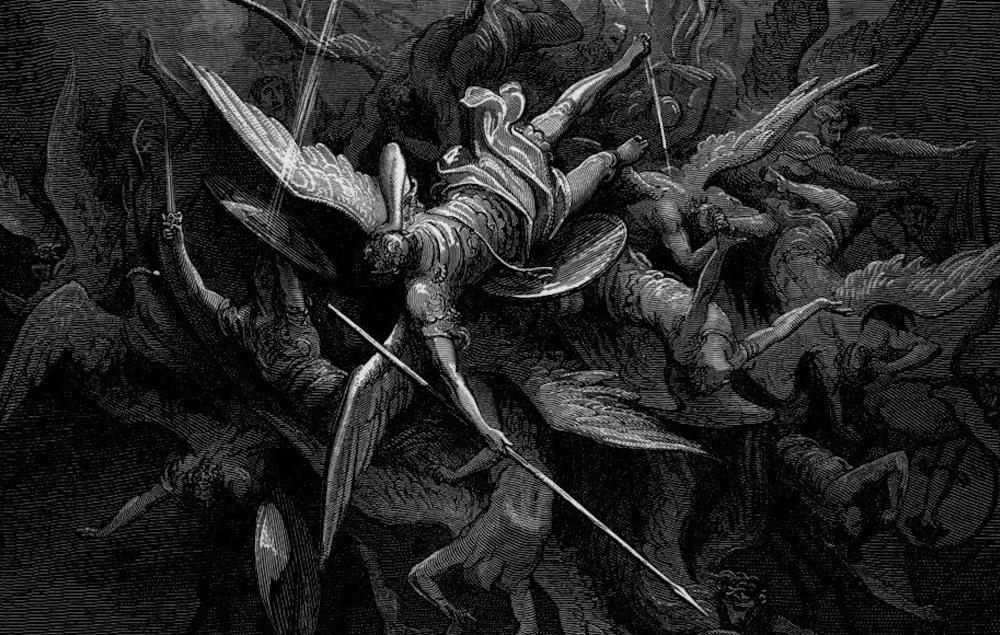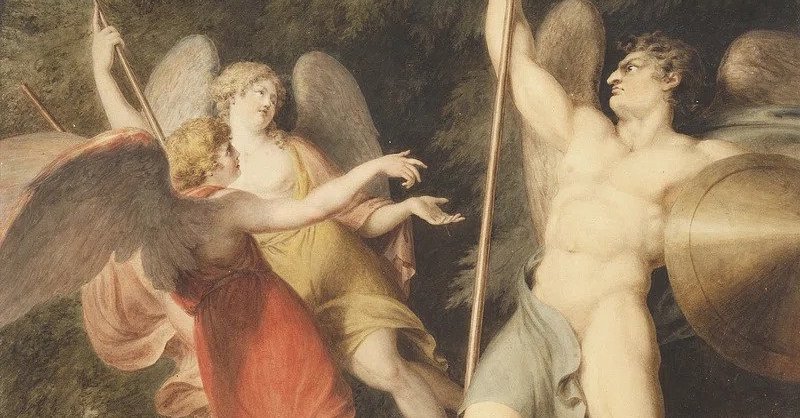Interesting assessment of Paradise Lost, especially in relation to the description of the pendant world.
Allan H. Gilbert, The outside Shell of Milton's World, Studies in Philology, Vol. 20, No. 4 (Oct., 1923), pp. 444-447

www.jstor.org
One of the many ironies of Paradise Lost, John Milton’s retelling of the Book of Genesis as an epic poem, is Milton’s trashing of Calliope, the Ancient Greek muse of epic poetry. In Book 7 of the poem, he references Calliope’s failure in mythology to save her son’s life and calls her “an empty...

www.tor.com
If we take the FD recent memorial quote referencing Milton as a clue, in the absence of any other information, then the jewel which burns, is likely the
pendant world, but it ought not sit on the brow of a mother of galaxies, but from the rim of the encircling wall of heaven or the
Empyrean.
In Paradise Lost the empyrean is described in part to be made of stars (unsure it’s a metaphor), likewise heaven might also be described like a mountain?
John Milton set just as much of his 1667 epic poem Paradise Lost in heaven as he did in hell—which isn’t a theological problem, but it’s definitely a literary one. Satan is a terrible role model, b…

lithub.com
Within the Codex, the text ‘
Mother of’ may simply relate to '
the biggest or largest of ‘something big’; the biggest thing? And ‘of’ may inform this to be ‘
plural’?
The text could be referencing a particular galaxy, maybe seen from a certain perspective? Or again is this, like the jewel that burns, poetic license and they are not talking of an actual galaxy, just something truly enormous and brilliant - like a galaxy, ergo the Empyrean?
I’m simply looking for poetic examples where the author may have made an allegory between the Empyrean and mountains?
Mountains were a key element in the journey to the ‘
Otherworld’. Referenced both in Holdcroft and M Brookes.
Is the Mother of galaxies not a reference but a metaphor or allegory for a type of mythic mount or point, does the pendant world hang or sit upon said system, named after a particular mount; because mountains do have brows!
Celtic burial mounds likewise were regarded as passages to this ‘Otherworld’. Are there any systems named after such monuments?
That is of course if the ‘Holdcroft’ hypothesis is correct





